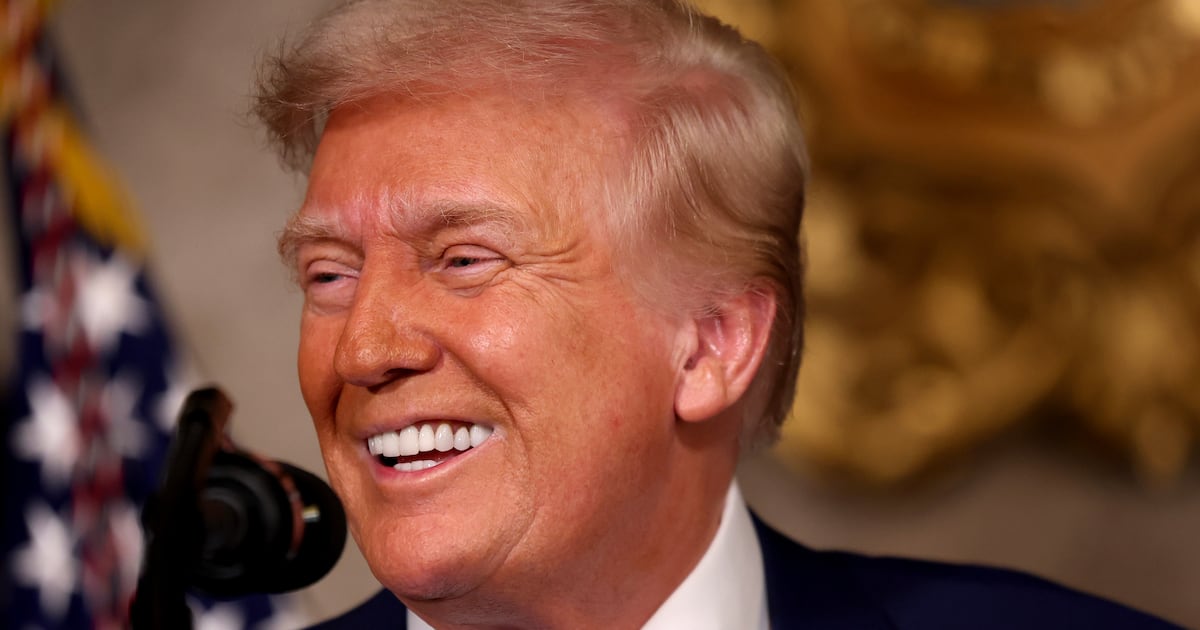Russia’s recently announced “partial mobilization” of men for the Ukraine war brought turmoil to the home front, where everyday citizens were suddenly greeted by a conflict many perceived as another country’s problem. Hundreds have been detained in anti-mobilization protests across the country, including Dagestan and the Sakha Republic, which are among the regions that have been heavily targeted for mass recruitment.
Most state TV programs are promoting the idea that the mobilization is a necessary measure, unconvincingly claiming that it’s welcomed by the Russians at large. However, cracks are forming just beneath the surface, since even the most enthusiastic pro-Kremlin cheerleaders are unwittingly revealing too much to the alarmed Russian population.
On Thursday, one day after Russian President Vladimir Putin announced the partial mobilization, Colonel Rustem Klupov, a retired military intelligence agent, appeared on the show Full Contact, hosted by Russia’s top propagandist Vladimir Solovyov. The host immediately asked Klupov whether he was ready for the mobilization and he enthusiastically confirmed: “Yes, I took out my uniform and ironed it, got it all squared away, got my rapid deployment knapsack ready and bought two cans of Spam.”
While his Colonels were buying Spam, Putin reportedly went off to rest up at his secret palace near Gelendzhik—providing yet another reminder about Russia’s resources being siphoned off by its leadership, which might explain why the country’s military is experiencing a lack of equipment and supplies during the Kremlin’s war of imperial conquest against the neighboring nation.
Klupov told Solovyov that Ukraine’s fierce resistance to the occupying force was not the real reason for the mobilization. Instead, he claimed that NATO’s extensive involvement was to blame, baselessly alleging that “30 percent of the Ukrainian Army's personnel” is comprised of NATO officers. Klupov also had an explanation as to why Putin decided to mobilize specifically 300,000 people: “One of the reasons for this mobilization is that, subsequent to the Madrid Summit this summer, an announcement was made about the enlargement of NATO forces by 300,000 in the eastern part of Europe.”
He also praised the idea of sending prisoners to fight in Ukraine, predicting that many of them would be reformed in the process, returning to Russia as model citizens. This only underscores the well-known shortage of troops Russia sent to Ukraine, since Putin initially anticipated—and his state media mouthpieces publicly predicted—a fast and easy invasion with minimal resistance.
Klupov contradicted the promises made about the new recruits by Russia’s Defense Ministry and government officials, who vowed on state television that the newly mobilized soldiers would not be sent into combat zones, but instead be stationed in Ukrainian territories currently under Russia’s control.
Klupov told Solovyov that the new arrivals with prior military experience would be immediately sent to the frontlines, whereas others would first receive between one and two months of training: “They won’t be immediately thrown into the furnace of war.” And yet, a recent report published by the independent Russian media outlet Mediazona revealed that some of the freshly-mobilized men are being sent directly to the frontlines after a whopping one day of “training.”
The wife of a man mobilized from Lipetsk, Tatyana Dotsenko, told the publication that her 45-year-old husband Andrei Kozyrev received his call-up notice on September 22. He was sent to the Belgorod region on a bus, was issued a bulletproof vest and a helmet, underwent one day of military exercises and then was told he is going to the frontline, having been assigned to the 237th tank regiment. She added: “There were 1,000 of them, and no medical examination.”
Even prominent pro-Kremlin propagandists are openly expressing their concerns with the mobilization. On Friday, Roman Babayan, the host of the TV program Own Truth on the channel NTV, said that he was worried about military enlistment offices grabbing people without much thought for their usefulness on the battlefront. Babayan also reiterated the well-known problem with Russia’s troops relying on public support to secure various supplies for the military: “I hope that we will train these people well and equip these people well. I simply insist on that, because all of us know—and no one is hiding this information—that all of us are helping, sending money, there is crowdfunding, various foundations are working.”
Babayan’s monologue again highlighted that partial mobilization was meant to counteract Russia’s military failures in Ukraine and not the phantom threat of NATO’s expansion throughout Europe. He asserted: “I hope that these people will not lack anything. Only then can we count on some changes in the situation on the battlefield, that it won’t be dragged out indefinitely, and that it won’t lead to us being forced to use tactical nuclear weapons, with the possibility of exchanging nuclear strikes.”
While the escalating nuclear talk is meant to dissuade NATO countries from continuing to help Ukraine resist Russia’s invasion, even Russian analysts are getting tired of this loathsome strategy. Instead of scaring the opponents, they acknowledged that it reveals Russia’s weakness and highlights its inability to defeat Ukraine by conventional means.
Appearing on the state TV show 60 Minutes on Friday, Dmitry Abzalov, Director of the Center for Strategic Communications, replied to the tirades about the possibility of using nuclear weapons by stating: “I hope that we have enough strength and resources to solve these issues without nuclear war. Nuclear war is the very last resort... it would mean that everything else has failed.” Abzalov added: “Nuclear war won’t start, because I hope we won’t start it.”








